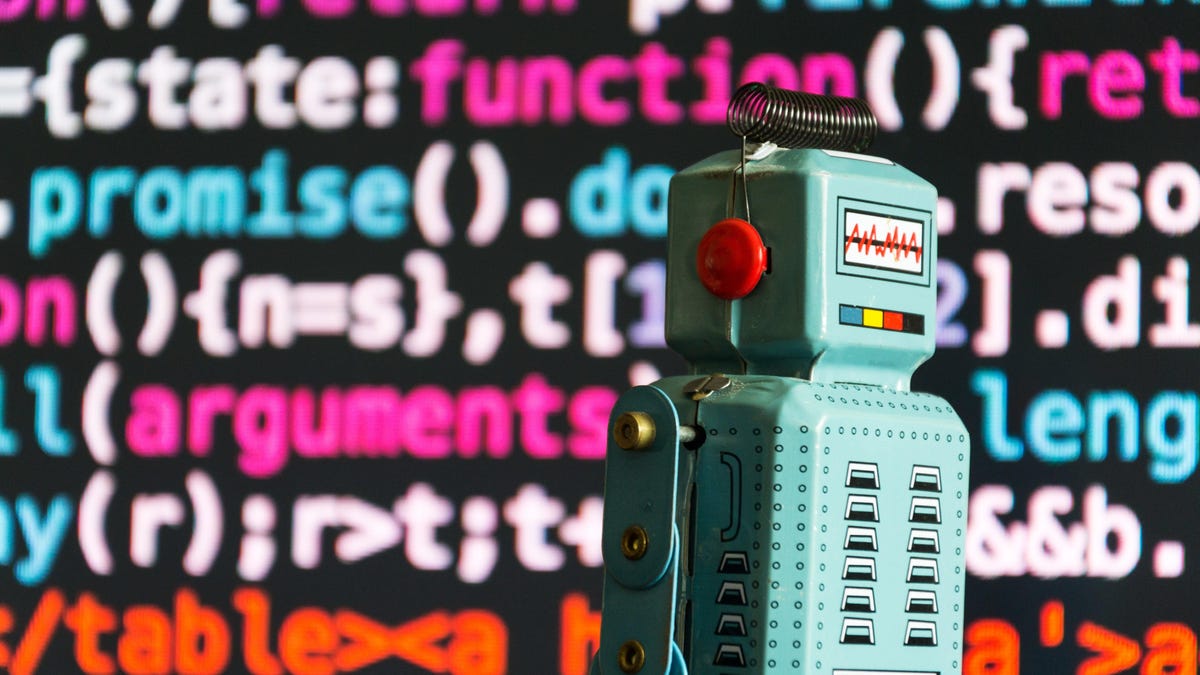GitHub Survey Finds 92% of Programmers Are Using AI Tools - 3 minutes read

Is using computer code to debug computer code a little too on the nose? Not for programmers at large companies, apparently. A new survey from Microsoft’s GitHub says that out of 500 programmers surveyed, 92% reported using AI tools in their workflow.
GitHub hired Wakefield Research—a Virginia-based PR polling firm—to conduct the survey and crunch the numbers. While researchers at the firm found that a whopping 92% of programmers at large companies are using AI tools, they also found that 70% of the respondents reported seeing benefits to using those tools. While these tools may help developers create and debug code more quickly, the survey results revealed that code volume might not be the best metric for measuring productivity with these new tools.
“Developers say AI coding tools can help them meet existing performance standards with improved code quality, faster outputs, and fewer production-level incidents,” GitHub wrote. “With the increase of AI tooling being used in software development – which often contributes to code volume – engineering leaders will need to ask whether measuring code volume is still the best way to measure productivity and output.”
GitHub’s survey is not the only evidence we have of programmers relying on AI to improve their code. Last month, Stack Overflow—the go-to Q&A forum for programmers—confirmed that recent dips in traffic were the result of programmers flocking to ChatGPT. Web analytics firm SimilarWeb reported in April that Stack Overflow has seen a drop in traffic every month since the beginning of 2022, with the average drop being 6%. In March, Stack Overflow saw a 13.9% drop in traffic from February and in April, the website was down 17.7% from March. In order to solve a query, Stack Overflow users have to post their issues to the message boards on the site and wait hours, days, or weeks, for a human user to answer them on the other end. However, ChatGPT, the viral chatbot from OpenAI, can give programmers immediate solutions. (Of course, those results are often culled from data that was scraped from Stack Overflow.)
While the surveyed developers seem to be placing an emphasis on using AI tools to supplement their current work, the silicon replacement may already be on its way. Earlier this month, a workforce report revealed that in May, nearly 4,000 jobs were lost as a direct result of artificial intelligence. With talks of a looming recession, it’s possible that companies really are beginning to pare down the human employees in their workforce in favor of a bucket of AI bolts in order to save some cash and impress shareholders. However, what these companies willfully ignore is that AI could serve as a supplement to labor by making menial tasks easier or even non-existent, thereby optimizing the performance of both that artificial intelligence and the human worker. New research from Stanford University and Massachusetts Institute of Technology has found that 14% of employees that used ChatGPT in their workflow saw an increase in productivity—with the least experienced and least skilled workers completing tasks 35% faster.
Want to know more about AI, chatbots, and the future of machine learning? Check out our full coverage of artificial intelligence, or browse our guides to The Best Free AI Art Generators, The Best ChatGPT Alternatives, and Everything We Know About OpenAI’s ChatGPT.
Source: Gizmodo.com
Powered by NewsAPI.org